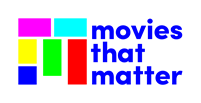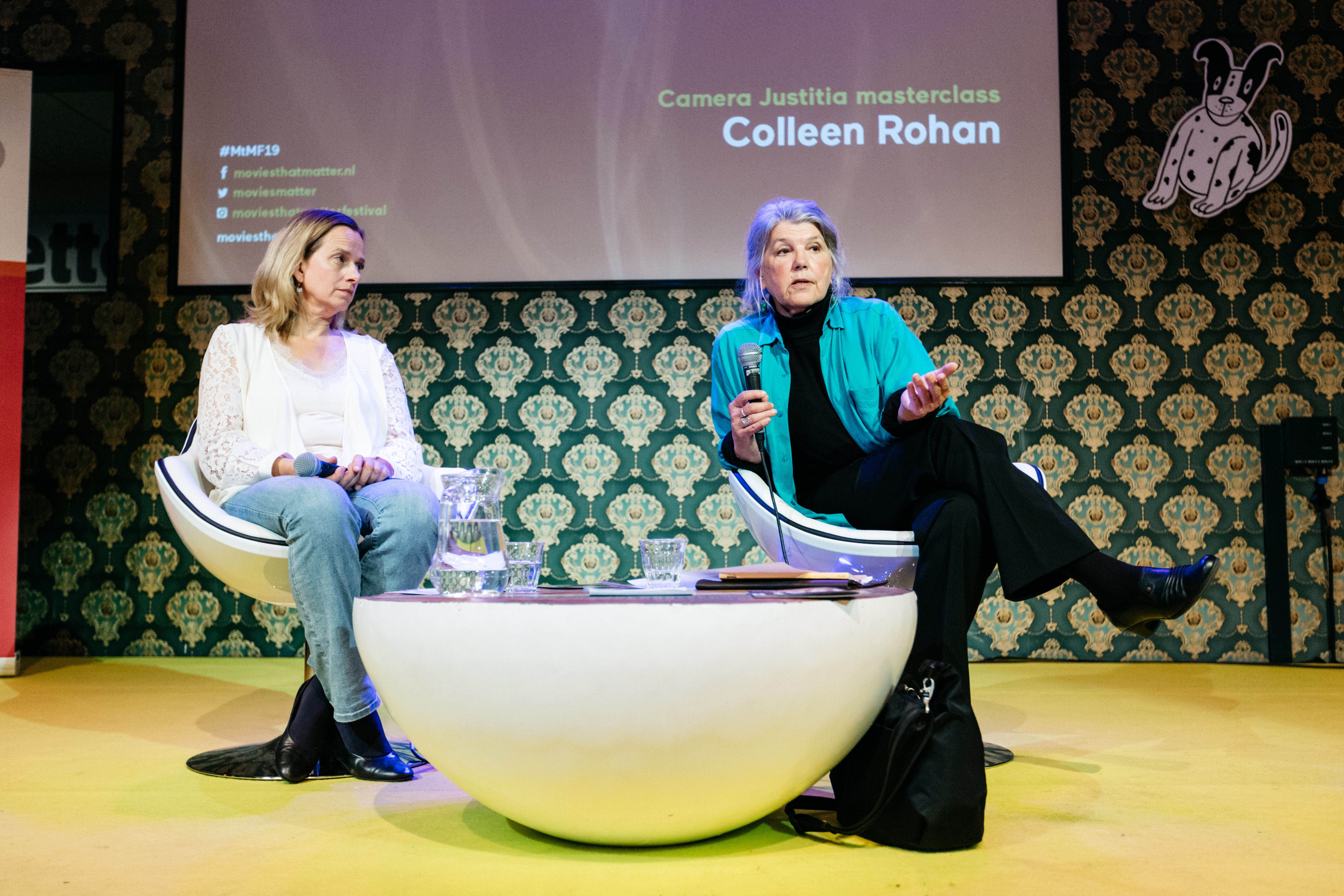Movies that Matter and Asser are pleased to present the Global Justice Cinema workshop on the 13-14 April 2022.
Background
Documentary film is a very powerful medium in the field of global justice. It can document human rights violations, uncover abuses of power, communicate a strong message of solidarity and call for action. But documentary filmmaking is never just a ‘neutral’ registration of reality. The Global Justice Cinema workshop challenges you to critically watch, assess, and discuss what these films communicate and how this is achieved. For this workshop, the Asser Institute and VU Amsterdam join forces with human rights film festival Movies that Matter. Therefore, you can expect great lectures in film and international justice by professors at the Asser Institute and VU as well as a chance to enjoy the latest films addressing the complexities of international rights. You will also have the unique opportunity to meet and interact with filmmakers and activists present at the festival venue. In this way, we offer the best of both the world of global justice and the world of documentary film.
The workshop is connected to the Camera Justitia competition on law and justice at the Movies that Matter Festival.
Who should join?
It is a multidisciplinary programme, therefore we welcome professionals and students from a broad spectrum of disciplines, but it is likely most interesting to those involved in film, international law, human rights, communication, media, art, and international politics.
No specific background in film and/or international justice is required, only a passion for the medium of film and for the topic of justice.
The programme takes place in-person in The Hague and includes a dinner and a film screening.
In addition to the screening of 'The Treasures of Crimea' as part of the workshop, you will receive tickets to a very special screening of 'Myanmar Diaries'.
Programme:
Wednesday 13 April at the Asser Institute
09:30 – Welcome and Introductions
10:00 – Lecture Storytelling through editing – Dr Sofia Stolk (Asser)
11:00 – Lecture Conceptions of justice in documentary film part 1 – Prof. Wouter Werner (VU)
12:15 – Lunch break
13:15 – Lecture Conceptions of justice in documentary film part 2 – Prof. Wouter Werner (VU)
14:15 – Break
14:30 – Screening Freedom Swimmer
14:45 – Q&A with director Olivia Martin-McGuire and producer Brooke Silcox
15:45 – Break
Pathé Buitenhof, The Hague
18:30 Dinner at Stan en Co
20:30 Screening Treasures of Crimea at Movies that Matter festival
Thursday 14 April at the Festival venue
09:30 – Evaluation Treasures of Crimea
10:00 – Discussion with filmmaker
11:00 – Break
11:30 - Lecture on impact and outreach by Julie Nederkoorn (Movies that Matter)
12:30 - Lunch break
13:30 - Case study on impact and outreach by Michael Liu (Leiden University)
14:30 – Closing discussion
15:30 – Break
16:30 – Masterclass with ICC prosecutor Karim Khan (regular festival programme)
18:00 – Closing dinner at Dudok
20:00 – Camera Justitia Night, screening of Myanmar Diaries

Project leader
Dr Sofia Stolk is a researcher in the research strand Dispute Settlement and Adjudication at the T.M.C. Asser Instituut, which explores new, alternative and interdisciplinary methods for analysing fundamental changes in international institutions and in international law.
Workshop teaser
Testimonials
It was wonderful to spend two full days engaging with passionate film makers and a varied audience of attendees who only had in common that they loved cinema. On the one hand, the event brought home the idea that legal argumentation – however well-researched and well-written – is a poor motivator to get people to actually stand up and do something. On the other hand, any medium – including film– can be used both to influence and manipulate. Getting a better understanding of how that works in practice (for example by paying attention to the editing process and other storytelling features) helps to maximize the former while protecting against the latter.
Luca Ferro – Postdoctoral researcher in international law at University of Ghent (participant Global Justice Cinema 2021)


